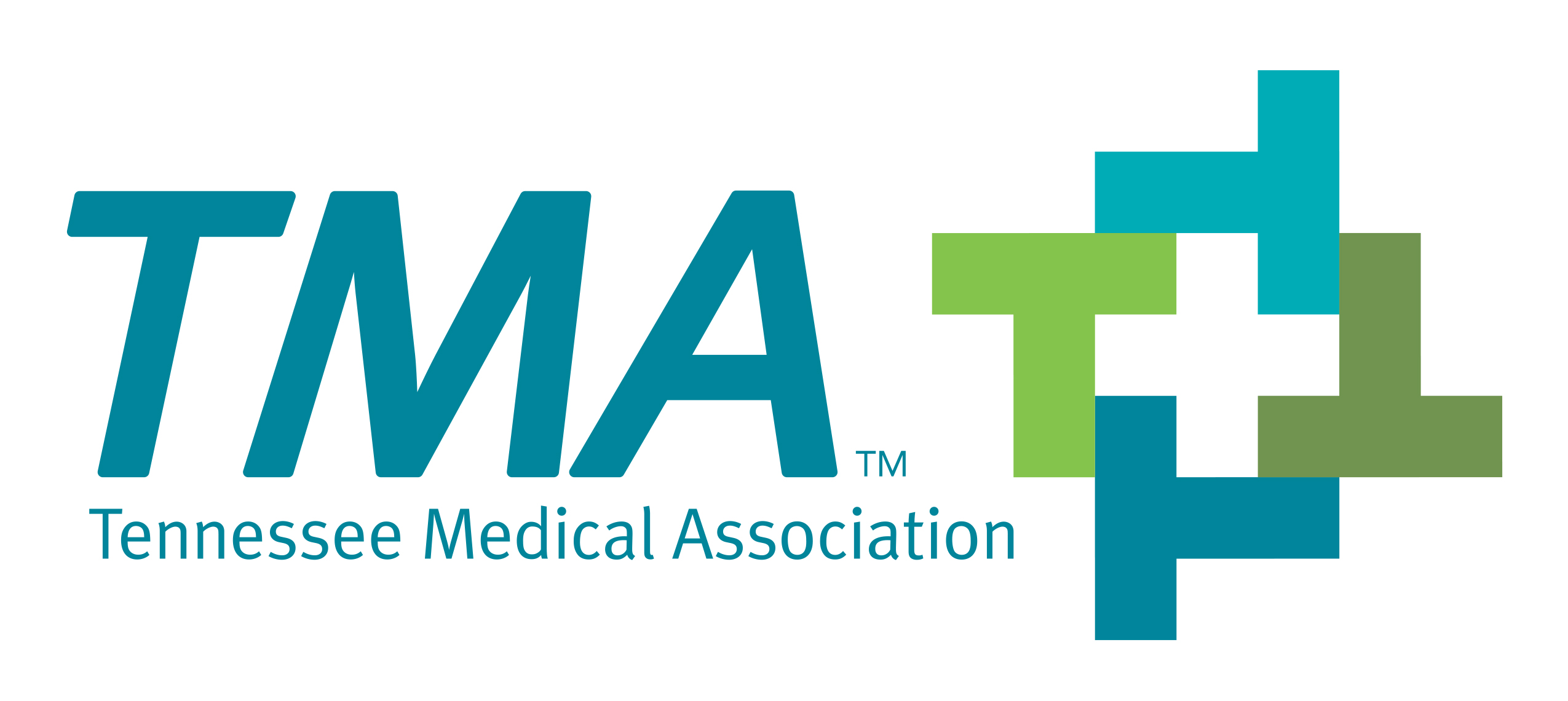Tennessee General Assembly Adjourns, House of Medicine Defended

Tennessee General Assembly Adjourns, House of Medicine Defended
The first session of the 114th Tennessee General Assembly adjourned on Tuesday, concluding a relatively short legislative process that saw committees closing down in record time and passage of the budget before the Easter holiday.
Much of the policies enacted by the legislative body this year closely aligned with the Trump administration, including issues related to education, immigration and diversity programs. While many proposals successfully cleared the legislative finish line, other high-profile bills appeared to be impacted by the somewhat hasty adjournment, including a measure that would have denied undocumented students access to Tennessee public schools unless they paid a tuition. Republicans hoped its passage would trigger an immediate lawsuit that would upend decades-long Supreme Court precedent afforded under Plyler v. Doe. Momentum for the bill eventually stalled, however, due to an apparent impasse between the Senate and House sponsors.
The bill was one of several this year that fell apart in the final weeks of session for similar reasons. Among them, a TMA-opposed measure that would have prohibited health care providers who participate in TennCare from refusing to treat patients solely based upon their vaccination status. Competing amendments between the two chambers—one exempting oncologists and organ transplant providers, one not— saw the proposal effectively halted for the year. In a “normal” legislative year, these types of bills would have been bounced back and forth between both chambers until a conference committee was formed to reconcile the differences. This year, no such effort was made. Instead, lawmakers elected to defer the proposal to 2026.
In terms of healthcare, TMA and the House of Medicine endured one of its most grueling sessions to date, battling increased skepticism toward physicians, the practice of medicine and public health more broadly. To that end, the government affairs team spent most of its energy lobbying against harmful legislation rather than passing its 2025 legislative priorities. One of TMA’s bills, Prior Authorization Notice, passed this year, while another was partially addressed in a separate piece of legislation and the third completely scrapped. TMA's effort to obtain a budget appropriation that would give TennCare providers one-time bonuses to help offset practice losses was stymied due to uncertainty about federal funding for Medicaid programs.
Still, the association’s defensive approach was productive. No bill the government affairs team actively opposed this session passed. While some were delayed until 2026 and others simply taken off notice, efforts to reduce harm to its physician members were effective— at least for this year.
This growing trend underscores the need for physicians to be even more involved, both at the Capitol in Nashville and at home in legislative districts, to help educate lawmakers about the unintended consequences of proposed policies so that the ability to practice evidence-based care can be preserved. A strong, coordinated grassroots network is paramount to ensuring TMA can continue to be an effective advocate for its physician members, both in passing beneficial legislation and defeating harmful legislation. To learn more about how you can help, contact TMA’s Grassroots and TMA PAC Manager, Joey Alongi, at joey.alongi@tnmed.org.
For an overview of key bills TMA worked on this session, click here.

